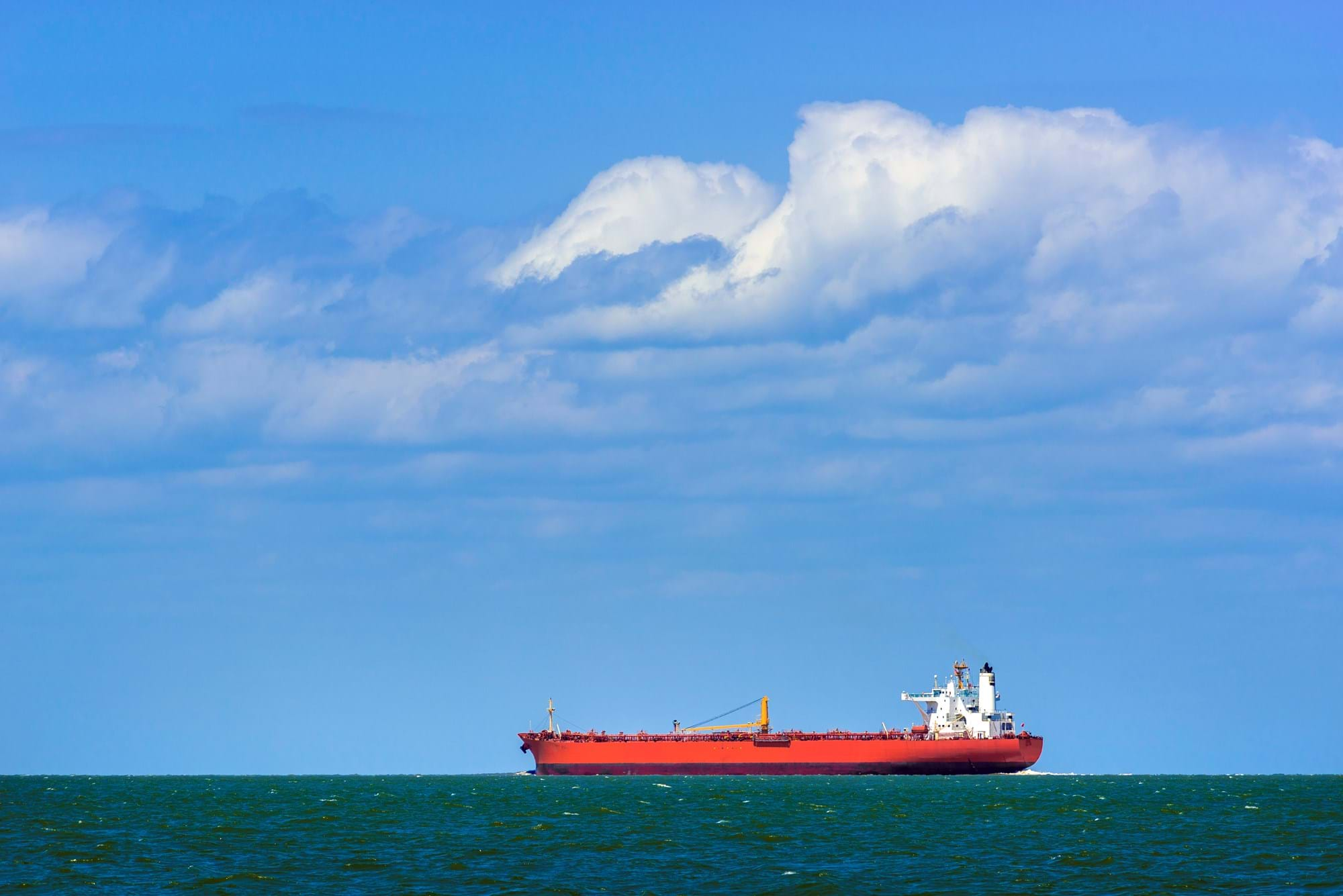

Fiberline's GFRP profiles are corrosion-free and resistant to impacts from e.g. weather, wind, salt water and aggressive liquids, making them particularly suitable for offshore use, as they do not rust or rot.
Fibreglass has been used in offshore contexts for many years as they can withstand the harsh environment that occurs here. Even under the demanding conditions, the profiles have a long life span and unique durability with minimal maintenance.
In the aggressive offshore environment, walkways and other load-bearing elements often quickly become a costly safety issue. With Fiberline's steps and gradings in fibreglass, you get a safe (non-slip) and comfortable surface - and since our GFRP profiles do not require maintenance and do not corrode, they are the obvious choice for just such an environment. In addition, they are resistant to loads and do not change shape under heavy pressure.
Our wide range of gratings and fittings are easy to handle as they have a low weight and can be machined on site. Especially with offshore use, the low weight of the GRP profiles comes in handy. The low weight also provides an opportunity to achieve great weight savings on the final construction, as it allows for more streamlined and lighter designs, which place less demands on its foundations. A lighter solution also reduces the installation costs on factors such as special machinery and cranes. Fibreglass-reinforced plastic thus combines a wide range of unique benefits that make GFRP particularly suitable for the sustainable construction of the future.
Fiberline Building Profiles A/S is one of the only companies to have a CE marking for construction profiles in fibreglass. This makes the approval of construction projects throughout the EU easy.
Our products are CE certified according to the EN13706 1-3 standard. This certification is your guarantee of consistently high quality every time you buy from us and use our products. Read more
Fiberglass enables lightweight and robust constructions, making installation faster. Although the material is comparable to steel, the specific weight of Fiberglass is only a quarter of steel. Read more
Fiberglass is an exceptionally strong material, rivaling steel, aluminum, and wood. Composite profiles offer similar weight to aluminum, while being just 20% the weight of concrete and 40% of steel, making them highly efficient. Read more
Composite materials are generally very durable, with only a few exceptions. They resist a variety of aggressive liquids and environments, resulting in long lifespan and minimal need for maintenance. Read more
Fiberglass is UV-resistant and can withstand temperatures between -40 and +80 degrees Celsius without deterioration of its properties. Additionally, it tolerates seawater and other atmospheric influences. Read more
Fiberglass profiles are electrically insulating. They are suitable for use in connection with all electrical constructions, such as along railway tracks, power plant installations, etc., as they are suitable for both low and medium voltage. Read more
The processing of fiberglass profiles is significantly easier than for metals such as steel, and just as efficient as for wood. This makes it easy to handle solutions with our profiles on site. Read more
Fiberline's fiberglass profiles have a significantly higher thermal insulating capacity compared to steel and aluminum. Read more
Fiberline's products are manufactured energy-efficiently through pultrusion. The low weight relative to strength and long lifespan make them a cost- and energy-efficient alternative. Read more